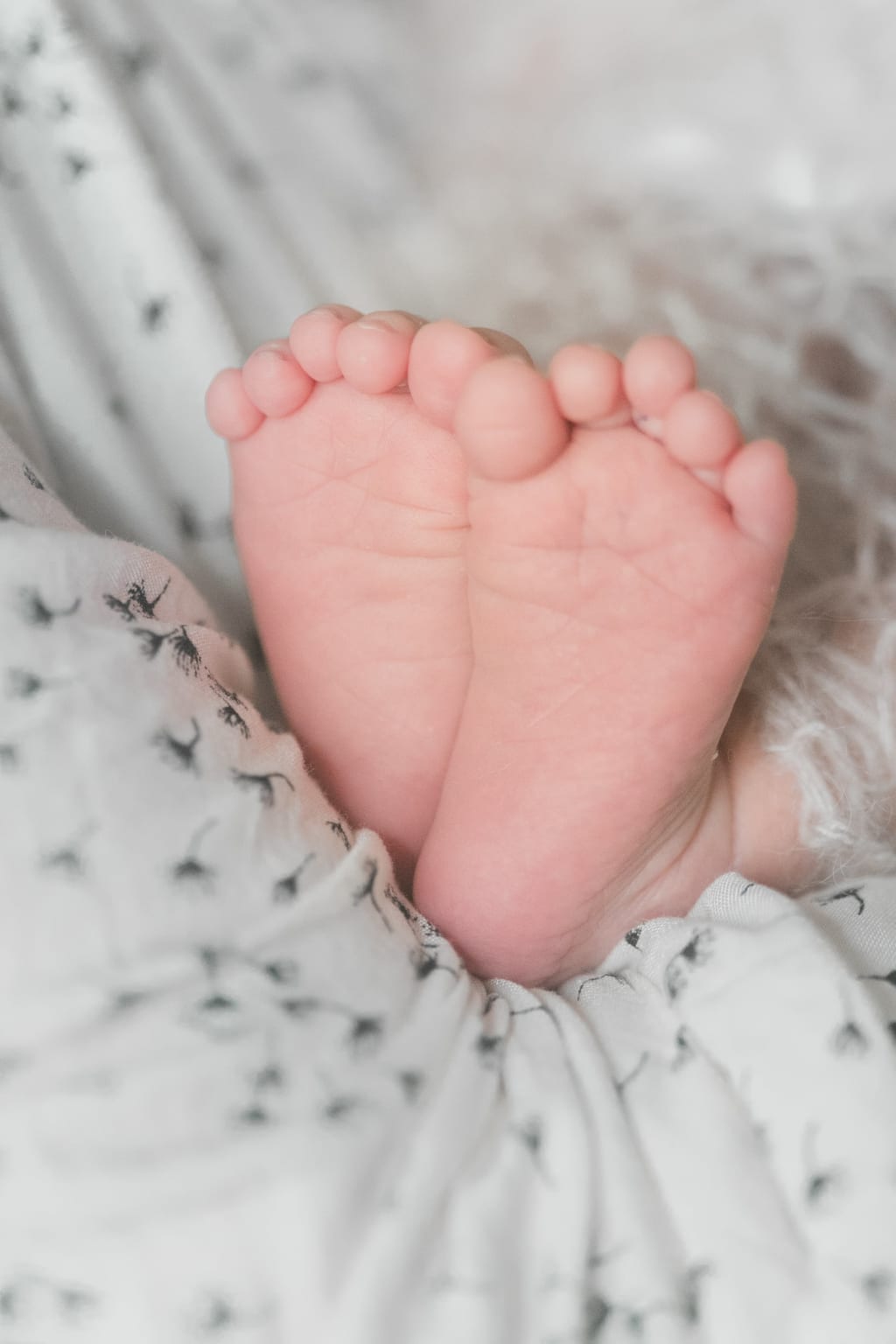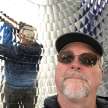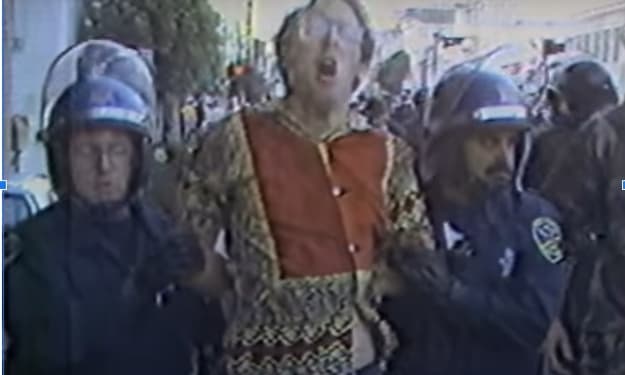This Is What We Talk About When We Talk About Children

I hesitate to say this – because it sounds disloyal to my wife, even to my dear, departed mother – but I honestly feel that I didn’t know what love was until I became a father. The intensity of emotion aroused by that squalling creature who – let’s face it – could not have picked me out of a line-up, pierced me more deeply than anything I’d ever experienced before. Above all, I was shattered by this realization: “I would die for this person.”
Like many imaginative people, growing up I was greatly taken by stories of self-sacrifice. The soldier hurling himself on the grenade to save his unit, the hero rushing into the burning building, the sailor going down with the ship rather than swamping the life raft: I would imagine myself dying gloriously to save a fellow man (or woman - even better). But in sober moments I’d wonder if I could actually go through with it. If it was my wife (and maybe, just maybe, a sibling) that needed saving, I am pretty sure I would rise to the occasion, but even then my motivation would be at least partially selfish. I’d be imagining those thankful tears, the praise that would be heaped on me in my eulogy.
But the minute that tiny being drew air (and the same for my other two kids of course), sacrificing myself was no longer a dreamy hypothetical but a fact of nature. If, God forbid, the situation were to arise, there would be no hesitation, no weighing of rights or wrongs, no anticipation of glory. It would simply be the logical, normal thing to do. My children, with their lives stretching before them, are in fact more valuable than I am.
When I told a friend about my take on the “Love Unraveled” challenge, she was nonplussed. “That’s a totally different thing.” She went on to tell me something I’d heard many times before in sermons and Sunday school lessons, that the Greeks had four different words for love. Their word for what I was talking about was storge, often translated as “natural affection.” The feelings I was talking about were genetically programmed and not love at all in the normal sense of the word.
It is true that English makes those four letters do some pretty heavy lifting, expressing everything from a romantic passion to a preference for pepperoni pizza. Perhaps it does seem wrong to compare one’s love for a child to that most elusive and sought-after experience - “falling in love.”
But I do see some similarities.
Anyone who’s ever fallen in love has experienced the “You like that too? You think that too? You do that too?” phase where we obsessively compare ourselves to our newly beloved. And the differences we discover become a mine of fascination as we learn bit by bit all the eccentricities of this new person.
With a new baby, that’s practically all we ever talk about - his mother’s eyes and insomnia, his father’s nose and tendency to whine. All through their upbringing, this subject of conversation never flags. Who does she walk like, talk like, think like?
Their bad habits, like those of our new romantic interest, we lightly forgive at first, although erelong these same tendencies can enrage us, especially if we share those same failings.
And their good qualities, the beauty and kindness that overwhelm us at first, become too-soon commonplace and expected, and if we’re not careful, we can take them so much for granted that we fail to see them at all. That’s true for our children and our lovers. The difference, of course, is that one cannot divorce a child.
But if you’re lucky, and if you wait long enough, they will divorce you. Or at least request a separation. The dependency that was the basis of your early relationship fades and both parents and children find that their feelings, still strong, have changed.
My three kids are grown and do not, thank God, need me the way they once did. I still look at them with wonder, still admire their beauty, their kindness, their wit. But now I do it surreptitiously. And I still notice their similarities, both good and bad, to myself and my wife, even as they’ve transformed into unique individuals.
I would still die for any of my children. But now I would be thinking, at least a little bit, about the tearful thanks I would receive and the kind words they'd say in my eulogy.
About the Creator
Andy Waddell
Retired teacher, aspiring novelist, amateur actor in Santa Cruz, California.






Comments
There are no comments for this story
Be the first to respond and start the conversation.